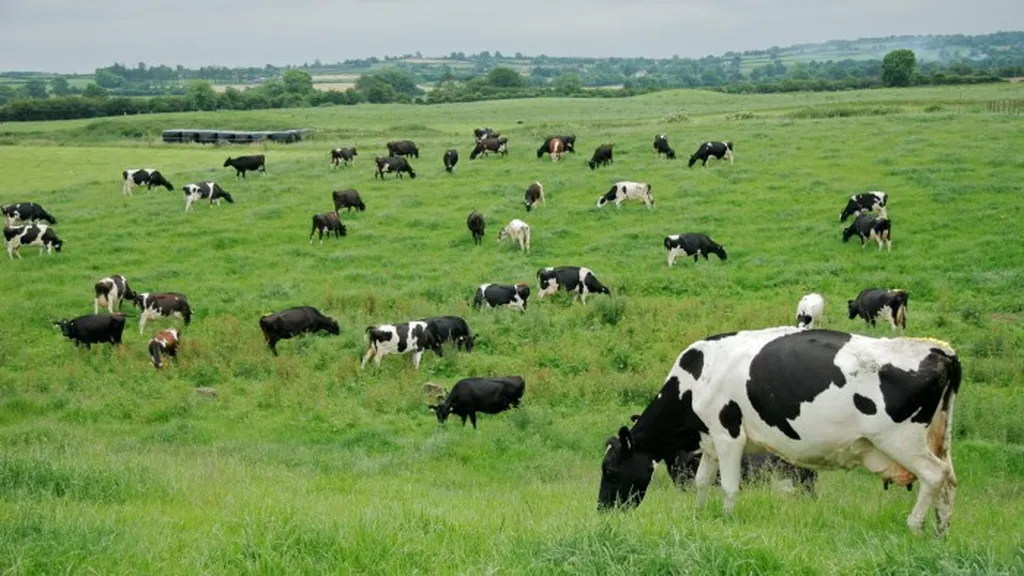In the lush, green pastures of New Zealand, dairy farming is not just a way of life; it’s a significant contributor to the country’s economy and a major player in global dairy exports. However, this industry also accounts for a substantial portion of the nation’s greenhouse gas (GHG) emissions. A recent study published in the journal *Climate Smart Agriculture* (translated to English as “Intelligent Climate Agriculture”) sheds light on how New Zealand’s dairy farms can reduce their carbon footprint without compromising productivity.
Led by Erandi Kalehe Kankanamge from the School of Agriculture and Environment at Massey University, the research reviews various GHG mitigation measures and their interactive effects within New Zealand’s unique pasture-based dairy systems. The study evaluates options across animal management, manure handling, feed strategies, soil treatments, and system-wide interventions, identifying those that can be immediately implemented.
“Reducing GHG emissions from dairy farming is crucial for mitigating climate change and enhancing the environmental credentials of New Zealand’s dairy exports,” Kankanamge explains. The study highlights that the effectiveness and cost of these mitigation options vary based on specific farming characteristics. For instance, integrating lower nitrogen fertilizer use, low-emission feed, and reduced stocking rates with high-performing animals offers a practical approach for GHG reductions and potential cost savings.
The research also underscores the importance of understanding the interactions between different mitigation strategies. While most options are compatible, some may have a lower overall reduction potential due to these interactions. “Implementing compatible mitigation bundles requires better quantification of their interactions, economic viability, and compatibility with existing farming systems,” Kankanamge notes.
The findings have significant implications for the energy sector, particularly in terms of developing technologies and practices that can support sustainable agriculture. As the world increasingly focuses on reducing carbon emissions, the dairy industry must adapt to meet environmental standards while maintaining economic viability. This study provides a roadmap for achieving these goals, offering insights into the most effective and practical mitigation strategies.
Moreover, the research highlights the need for further investigation into the economic and environmental impacts of these mitigation bundles. By better understanding these interactions, the dairy industry can make informed decisions that balance productivity, profitability, and sustainability.
As the global community continues to grapple with the challenges of climate change, studies like this one are crucial for guiding policy and practice. By reducing GHG emissions from dairy farming, New Zealand can lead the way in sustainable agriculture, setting an example for other nations to follow. The research published in *Climate Smart Agriculture* not only contributes to the scientific understanding of GHG mitigation but also paves the way for innovative solutions that can shape the future of the dairy industry and the broader energy sector.

